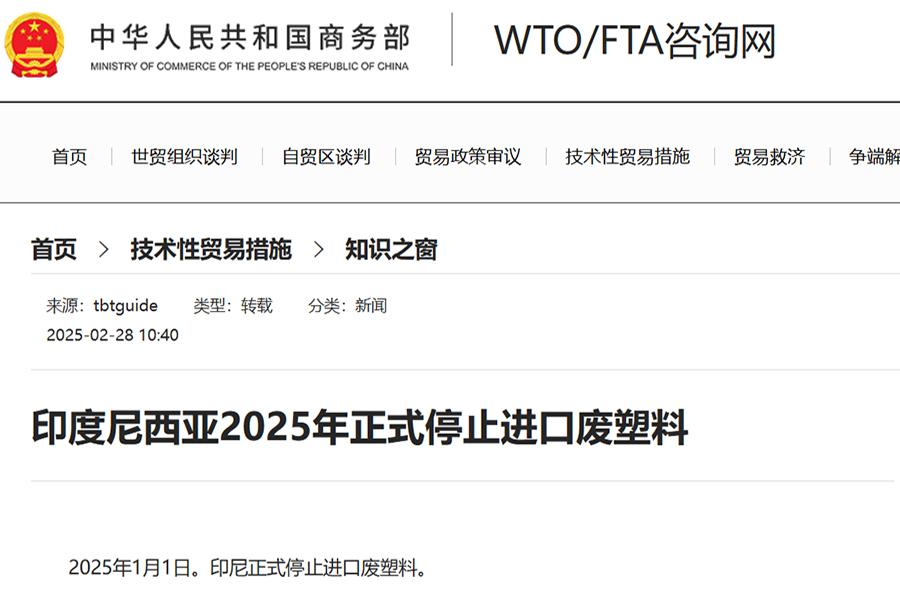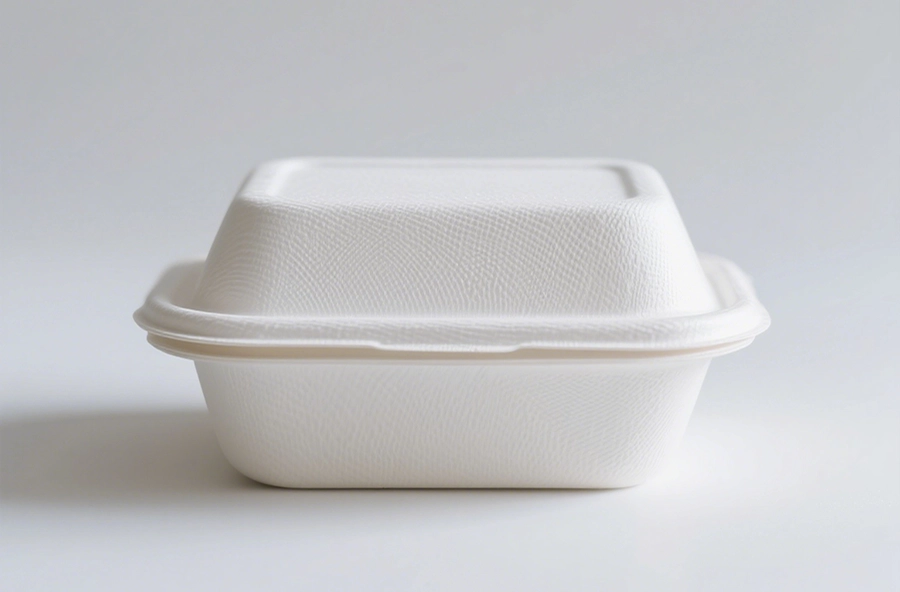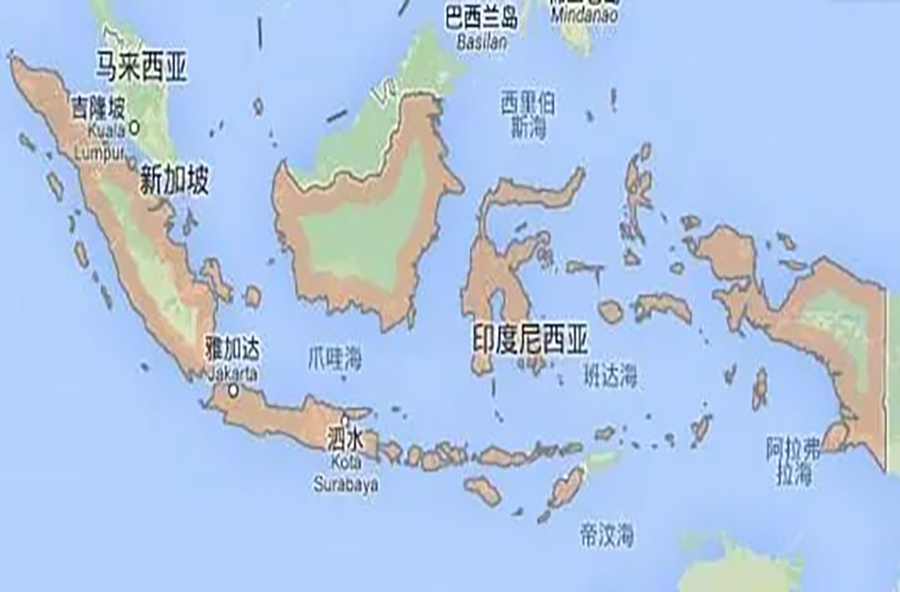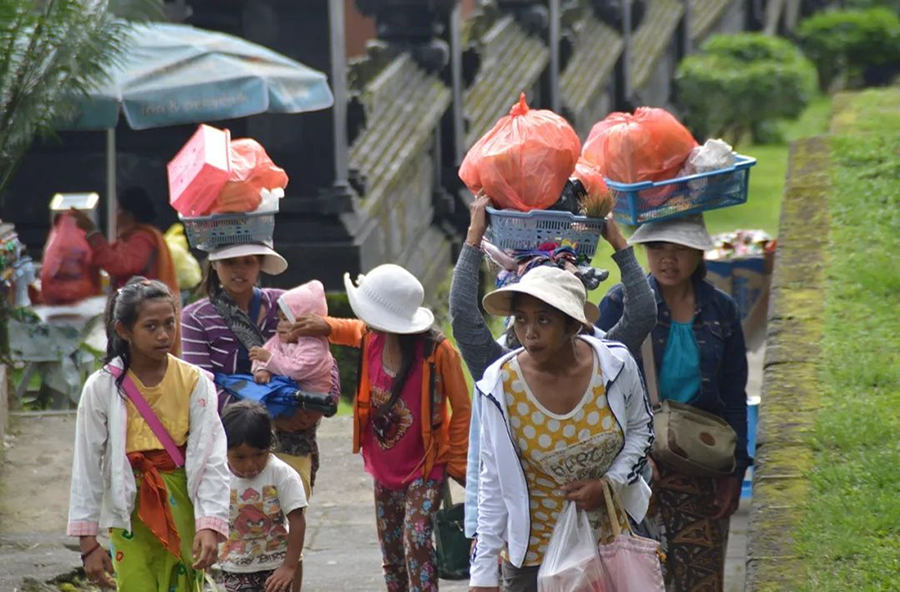Indonesia to Completely Ban Plastic Products by the End of 2029
Jun 19,2025
On November 1, 2024, Hanif Faisol Nurrofiq, Minister of Environment of Indonesia, announced that Indonesia would officially stop importing waste plastics from January 1, 2025. Along with the announcement of stopping waste plastic imports, a plan to comprehensively ban single-use plastic products was also proposed.
1、Indonesia's Plastic Ban
On November 1, 2024, Hanif Faisol Nurrofiq, Minister of Environment of Indonesia, announced that Indonesia would officially stop importing waste plastics from January 1, 2025. Along with the announcement of stopping waste plastic imports, a plan to comprehensively ban single-use plastic products was also proposed.

According to the plan, Indonesia will completely ban single-use plastic products including polystyrene foam, single-use plastic straws, plastic tableware, and plastic shopping bags by the end of 2029. In addition, the Indonesian central government has required all manufacturers to reduce the use of plastic packaging by 30% by 2029 to mitigate downstream plastic waste issues.
2、Overseas Opportunities for the Pulp Molding Industry
The introduction of this plan is undoubtedly a strong response to the problem of plastic pollution and has brought enormous opportunities for the development of Chinese pulp molding products in the Indonesian market.

As one of the world's largest producers of pulp molding products, China possesses advanced production technology and rich manufacturing experience. With the advancement of Indonesia's plastic ban plan, Chinese pulp molding product enterprises can increase their efforts to explore the Indonesian market, introduce high-quality products to Indonesia, and meet local consumers' demand for environmentally friendly products.

In addition to product exports, Indonesia's plastic ban plan has also provided an opportunity for Chinese pulp molding enterprises to establish overseas factories. Located in Southeast Asia, Indonesia is endowed with abundant natural resources and a huge consumer market. In terms of natural resources, Indonesia has rich forest resources, providing sufficient raw materials for the production of pulp molding products.

Indonesia has relatively low labor costs, which can reduce enterprise production costs. As one of the largest economies in Southeast Asia, Indonesia has a large population and huge consumption potential. With the development of Indonesia's economy and the improvement of residents' living standards, consumers' demand for environmentally friendly products will continue to increase. By establishing factories in Indonesia, Chinese pulp molding enterprises can fully utilize local resources and market advantages, reduce production costs, and enhance product market competitiveness.

For Chinese enterprises, establishing factories in Indonesia also helps avoid trade barriers and reduce trade risks. Producing and selling products locally in Indonesia can prevent them from being affected by trade barriers.
NEXT:
Related News






